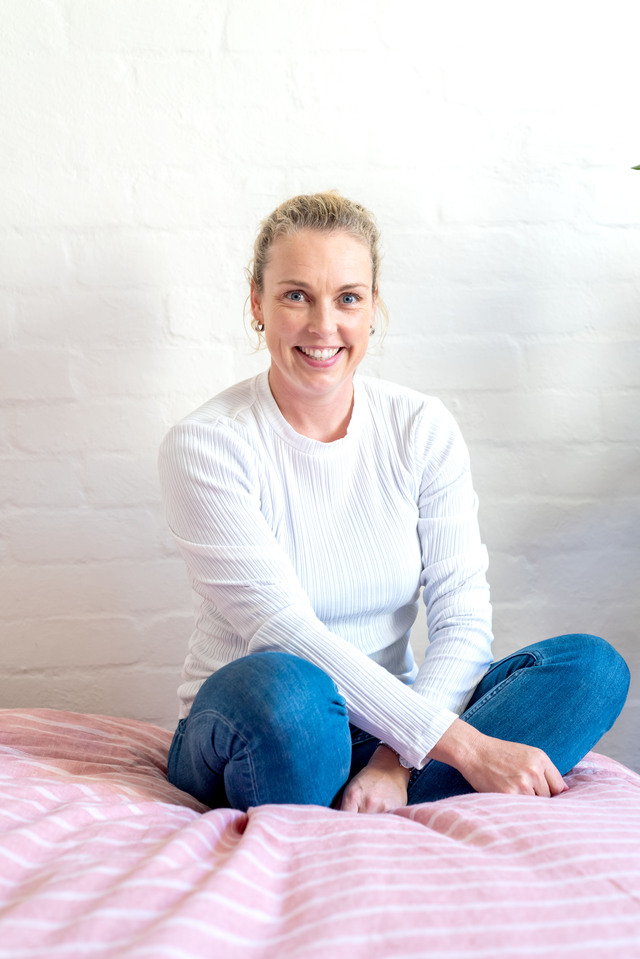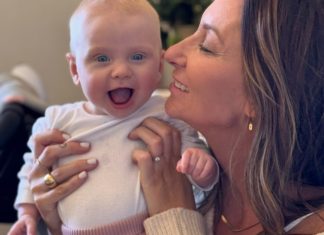By Casey Neill
Mindfulness can help our kids navigate their fast-paced lives, now and into adulthood, says Fiona Gilbert.
A two-year stint at an international school in Hong Kong inspired the South Yarra teacher to introduce mindfulness to the classroom.
“I really just noticed how busy all the kids were,” she said.
“They were going from class to class and having tutoring after school, musical instruments – it seemed to be non-stop.
“The kids were exhausted.
“I was always interested in meditation and mindfulness myself.
“I was thinking ‘this needs to be something that the kids practice’.”
So she attended a meditation yoga retreat in Cambodia and took an online mindfulness course before introducing it to her classroom.
“Then I came home and noticed the same thing here,” she said.
“They’re not as busy and not as studious as they were in Hong Kong but still, here you find that kids do five activities after school.
“They also don’t really have a whole lot of downtime either.
“I’ve been teaching for 10 years or so.
“I’ve seen the increased stress levels, the pressures that they’re under, and I think they’re so busy and don’t have a chance to just be anymore.
“They’re not able to just enjoy being in the moment.
“Then they don’t know how to just be. When they’ve got time, they’re bored.
“They’re so stimulated by so many external influences.”
Fiona said children might tell their parents they wanted to sign up for multiple activities.
“But the parent actually has to be the parent and say no,” she said.
She runs a variety of mindfulness programs for primary school-aged children through Mindfulness for Kids.
“And I do mindfulness in my classroom as often as I can,” she said.
Mindfulness is simply being aware of the present moment: paying attention to what is happening in the ‘now’.
Fiona said parents had been really receptive and continued her work with activities at home.
One of her sessions centred around mindful eating; she handed each child a sultana.
“You look at it, pay attention to how it feels, then smell it, think about how your mouth is feeling and the sensations you’re getting as you’re smelling the sultana,” she said.
They took a small bite and Fiona asked them to move it around their mouth, feel the texture and other sensations.
“They really enjoyed it,” she said.
“So often you eat food without really thinking.
“I thought that was a really simple tool that could be used at home and shared with the family, even if it’s just once a week for five minutes of their dinner, to focus purely on what you’re eating and nothing else.”
She chooses mindfulness activities that are small, simple, and fun.
“That’s my approach to teaching it – to make it lighthearted and fun, not serious,” she said.
“Sometimes I think mindfulness can be seen as a bit serious.”
Fiona also ran a smelling activity, bringing in bottles containing hidden scents – eucalyptus, lavender, and rosemary.
“They had to smell it and try to identify the smell,” she said.
“Then we went out into the school gardens and paid attention to what they could smell outside.
“A lot of them really enjoyed that.
“They just don’t notice those things as they get older. There’s so much happening.
“I feel like it can have a big impact on them now. They’re still developing, they’re open to forming new habits.
“It might be more likely to stick.
“You’re never too old to start something new, but the younger the better.”
Fiona said the benefits of mindfulness ranged from slowing down and feeling calmer to reducing anxiety and stress levels, increased concentration and focus, improved sleep, and “being more content with what you have right here, right now, not wanting more and more and more”.
“It helps kids to be able to regulate their emotions independently,” she said.
“A lot of kids aren’t able to self-regulate well.
“Their resilience is not so great.
“If they have techniques that they can use to calm themselves down, that will be a benefit to everyone.
“They’re too quick to ask someone for help and get upset, and seek outside support.
“But as they get older they’re not going to have that support network.
“Developing their own ways of dealing with stress and unpleasant emotions is really important.”
One Prep student told her, “It taught me not to do everything so fast, it taught me to take time”.
“Mindfulness is more of a prevention, rather than an intervention,” she said.
“It’s not the answer to everything, but it’s a good start.
“Hopefully it may help later in life.”
Introducing the concept of mindfulness is one thing, but making it a habit is another.
“It is definitely difficult,” she said.
“That’s half the reason it’s good for children because it might stick a bit better than adults.
“They’re open to new ideas and forming habits.”
She said setting realistic goals was key.
“Start with a small amount of time, maybe only once a week, then try and gradually build on that,” she said.
“Don’t be too hard on yourself or the kids if you lapse for a few weeks or a month or two.
“It’s fine.
“Just start again but don’t make it a big reset. Don’t start from scratch.
“Try and do it on a regular basis. If you can’t, don’t beat yourself up.
“Any practice is good practice.
“You don’t have to dedicate time to it, you can just have a moment, eating or sitting, just noticing what’s around you.”
Find more from Fiona at mindfulness4kids.com.au or search Mindfulness 4 Kids on Instagram or Facebook.








